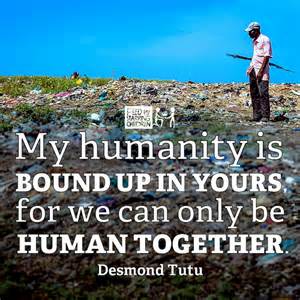1- We can all benefit by becoming aware of our biases, not only about people who are different, but even about what we’ve heard about our own groups. Be open to the fact that you may have some unconscious stereotypes about LGBT people. Those stereotypes lead t o assumptions about what an LGBTQ person may be thinking or why they are taking a certain action.
o assumptions about what an LGBTQ person may be thinking or why they are taking a certain action.
Think about the messages you received about people who were LGBT- you may have received different messages about each group. These messages can be so ingrained in your mind and it never occurs to you to question whether they are accurate. You may have stereotypes about lesbians, gay men, bisexuals, transgender people and those who support equal rights for them. Or you may just think of LGBTQIA as a monolith and group everyone together. In either case, you’re still not seeing individuals who are different from each other, who are human beings with thoughts, feelings, and emotions.
People are often afraid of what they don’t know. Most of the time it’s impossible to tell whether someone is LGBT. Imagine, you enter into a conversation with a co-worker and find out that both of you have a love of gardening. You both feel connected by that love. You then discover that your new friend is a gay man and you’ve been raised with a bias against gay men. What do you do? Stop the friendship? But you enjoy talking to him and comparing garden talk. If you knew he was gay before then based on your bias you would have kept away, and missed out. You can either continue the friendship and let go of negative stereotypes of stop the friendship. When you stop the friendship, you suffer because you no longer have a compatriot to share best practices, challenges and vegetables from your garden. The choice is yours.

Recent Comments